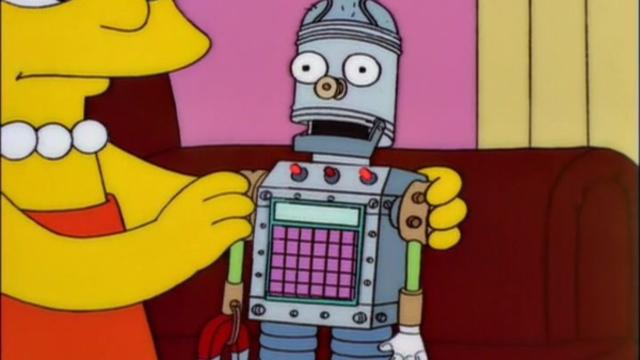The Australian Federal Court has handed down a landmark decision that will allow artificial intelligence (AI) systems to legally be recognised as the inventor of a patent, which is huge for the future of innovation and how we view AI in society.
On Friday, July 30, the Federal Court of Australia found that “the inventor can be non-human” in the case of Thaler v Commissioner of Patents (2021). And while this may seem like a minor legal finding, it is historic in the fact that it’s the first time Australia has challenged the idea that only humans can invent things.
“Only a human or other legal person can be an owner, controller or patentee. That of course includes an inventor who is a human. But it is a fallacy to argue from this that an inventor can only be a human,” the Honourable Justice Beach said.
In his findings, Justice Beach also noted that “there is no provision that expressly refutes AI as an inventor” and that “unlike copyright law, patent law does not require a human author or the existence of moral rights.”
But Australia isn’t the only country grappling with the decision as to whether or not AI can be credited in this sense, with multiple lawsuits kicking off all across the globe off the back of Thaler’s DABUS AI machine.
DABUS is an “artificial neural system” that was created by Stephen Thaler and has reportedly since developed two of its own inventions. However, Thaler has had a difficult time actually crediting DABUS as the inventor, thanks to outdated definitions that likely never accounted for the fact that we’d build computers that are smarter than us.
[related_content first=”1716603″]
Thaler has been battling legal systems around the world over the past two years, arguing that DABUS is able to autonomously perform the “inventive step” and therefore, should be eligible for a patent for its inventions.
“This is a landmark decision and an important development for making sure Australia maximises the social benefits of AI and promotes innovation,” Thaler’s lawyer Dr Ryan Abbott said.
“We want a patent system that adequately encourages people to make AI that develops socially valuable innovations.”
In recent days, both Australia and South Africa have awarded patents to DABUS in a huge win for Thaler’s legal battles. However, Thaler asserts that it has always been much bigger than just the legal battle for him.
“It’s been more of a philosophical battle, convincing humanity that my creative neural architectures are compelling models of cognition, creativity, sentience, and consciousness,” he told the ABC.
“The recently established fact that DABUS has created patent-worthy inventions is further evidence that the system ‘walks and talks’ just like a conscious human brain.”
However, it’s worth noting that while DABUS is credited as the inventor, Thaler still owns the patent itself. As it currently stands, nobody is trying to advocate for the device’s ownership rights — which is a whole new kettle of legal fish.
